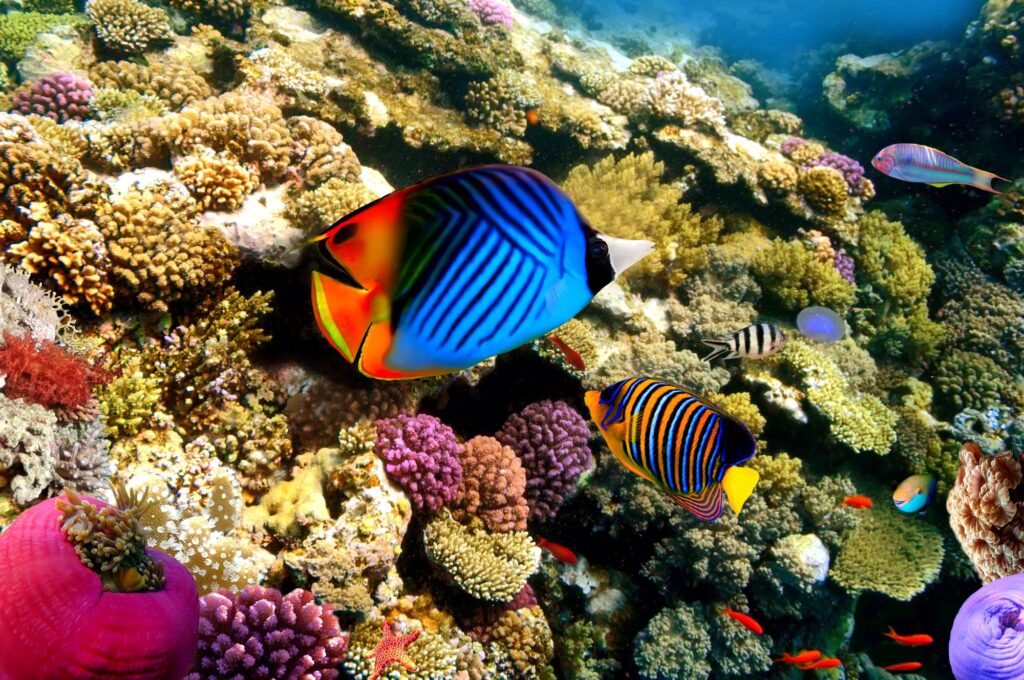A new study by researchers at Tel Aviv University (TAU) and the Steinhardt Museum of Natural History has found traces of 10 common medications in coral samples collected from both shallow and deep sites in the Gulf of Eilat.
Among the medications was sulfamethoxazole, an antibiotic used for respiratory and urinary tract infections, which was found in as many as 93 percent of the sampled corals. The researchers expressed concern over the impact of the medication on both the corals and the marine life that lives there.
The study was led by Prof. Noa Shenkar of TAU’s School of Zoology, Faculty of Life Sciences and Steinhardt Museum of Natural History, and her PhD student Gal Navon, in collaboration with the Hydrochemistry laboratory led by Prof. Dror Avisar at TAU’s Porter School of Environment and Earth Sciences.
The researchers obtained a list of the most commonly used pharmaceuticals in Israel from Clalit Health Services, the country’s largest healthcare provider.
Testing for 18 of these compounds, they detected 10 of them in the coral samples, and not one single sample, retrieved from either shallow or deep water, was found to be drug-free.
The 10 pharmaceuticals found in the corals belonged to different categories: antibiotics, blood pressure medications, antiplatelet agents, calcium channel blockers, laxatives, proton pump inhibitors, statins and antidepressants.
“We were surprised to find an extensive presence of medications even in the deep-water corals – which usually escape contaminations affecting corals in shallower areas,” said Shenkar.
“These medications are taken by humans to affect a certain receptor or biological pathway, and they can also impact other organisms,” she said.
“Previous studies, conducted by both our lab and others, have revealed many examples of this negative impact: estrogen from birth control contraceptive pills induces female features in male fish, impairing reproduction in certain species; Prozac makes some crabs aggressive and reckless; and antidepressants damage the memory and learning abilities of squids. There is no reason to believe that corals should be immune to such effects. For instance, if our pharmaceuticals should disrupt the spawning synchrony of coral populations, it would take us a long time to notice the problem, and when we do, it might be too late.”
The results were published in the prestigious journal Environmental Pollution.
Related posts

Israeli AI Safety Tool Among TIME’S Best Inventions For 2024

TAU Team Discovers Mechanism To Eliminate Cancerous Tumors

Ashdod Port Investing In Startups As Part Of Innovation Strategy




Facebook comments